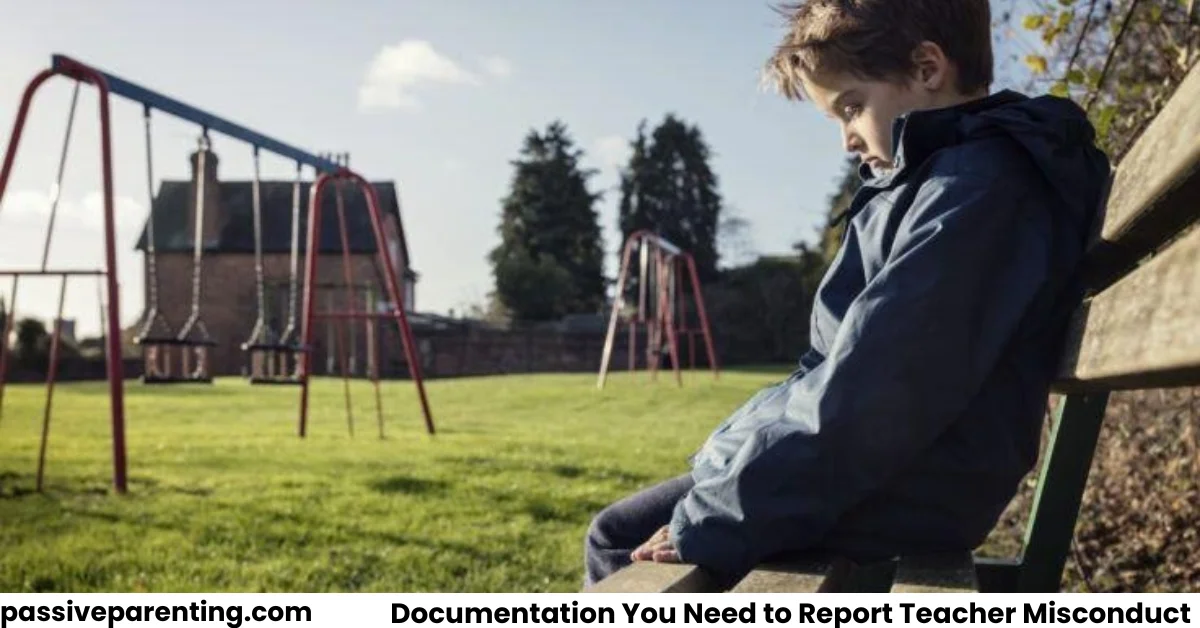South Carolina, located in the southeastern United States, is known for its coastline, historic cities, and warm climate. With a population of over 5 million, it combines both urban centers and rural communities, which can influence how family law cases are handled across the state.
When it comes to visitation and custody of a child, the father who was never married to the mother must go to court to appeal. The state prioritizes the child’s best interests, and without legal recognition, fathers do not automatically have decision-making authority. Knowing about these challenges in advance can help fathers take the steps to stay involved in their children’s lives and support their needs.
Navigating custody laws in SC for unmarried parents typically starts by having paternity established legally, followed by filing for custody or visitation and demonstrating active involvement in the child’s life. Knowing how it works can make dads more self-assured and allow them to make appropriate decisions on their own behalf and for their children.
Establish Paternity
The first step is to legally establish fatherhood. Paternity can voluntarily be established if both parents agree or through a court order. DNA tests may be required in case of contested paternity.
Once legal paternity is established, the child’s father is officially recognized, which can help speed up the process. Be sure to gather any records that show your participation in the child’s life, such as birth certificates, school enrollment forms, or medical reports, as these could be utilized in aid of the paternity claim.
Filing for Custody or Visitation
After paternity is established, a father can petition the local family court for custody or visitation. Courts consider factors such as the father’s residence, work schedule, and ability to provide a stable home. Including a detailed parenting plan with schedules, responsibilities, and childcare arrangements can strengthen the petition and demonstrate readiness.
Best Interests of the Child
Courts prioritize the best interest of the child over parental preferences. Factors considered include the child’s age, emotional and physical needs, each parent’s ability to provide care, and the child’s cooperation with each parent.
Fathers can strengthen their case by showing active involvement in the child’s life, attending school events, medical appointments, and maintaining daily routines. Keeping detailed records of consistent participation and good communication with the child helps demonstrate that the child’s needs are being met.
Mediation and Court Hearings
Some US states encourage or require mediation before a custody hearing. Mediation offers both parents the chance to settle visitation and custody arrangements with a third, neutral party present.
If a decision is not reached, the court will hold a hearing where both parents will be present, provide evidence and testimony. The judge makes a ruling in the best interest of the child. Fathers need to come to hearings or mediation with paperwork, a proposed timetable, and examples of participation in order to make their case factual.
Ongoing Custody Issues
Custody orders are not permanent. Fathers can request modifications if circumstances change, such as moving, changes in work, or the child’s evolving needs. Demonstrating consistent involvement and reliability in caring for the child strengthens these requests. Keeping records of parenting efforts, maintaining open communication with the other parent, and following existing court orders can make it easier to modify custody or visitation when needed.
Legal Support and Resources
Unmarried fathers can benefit from seeking legal advice or support from family law attorneys, local legal aid clinics, or fatherhood advocacy groups. These resources can help navigate complex procedures, ensure all filings are correct, and provide guidance on presenting a strong case in court or mediation. Being informed about your rights and available support can significantly improve the chances of a favorable custody or visitation outcome.
Final Takeaways
Unmarried dads can also seek custody, but it requires careful planning. Paternity establishment, petitioning the proper authorities, and demonstrating dedication to the child are essential. Courts always consider the child’s welfare first when awarding custody.
- Legally establish paternity before seeking custody.
- File a petition for custody or visitation with the family court.
- Courts base decisions on the child’s best interests.
- Mediation can help parents reach agreements before a hearing.
- Custody arrangements can be modified if circumstances change.




